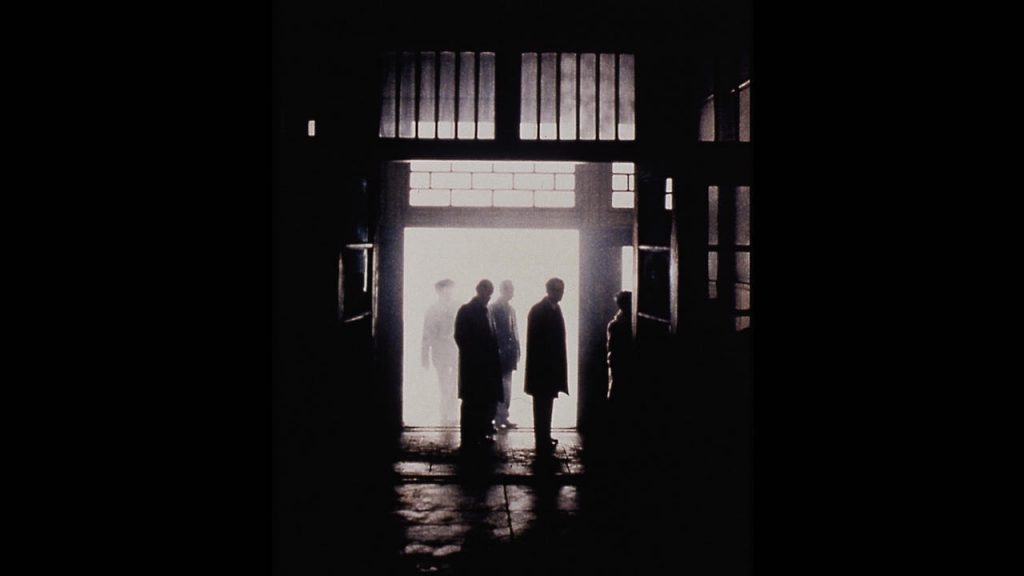This week’s Friday Favorite is the various fictions of Jorge Luis Borges, which kicked off a period in my own writing where I wanted desperately to sound like him. I am especially sorry to anyone who was around for the Peak Borgesian period of my fanfiction career. (There were one or two successes–mostly when I wrote straight-up Borges fusions–but let’s be real, I was being a terrible tryhard for the most part. In fact, I just checked the depths of my google drive and there is totally an outline for a BBC Sherlock fanfic that is 75% intended as a riff on “Death and the Compass.” No, I never wrote a word of it, but you are free to imagine it, which is the most Borgesian way possible of reading it in any case.)
In addition to Borges’ various Cool And/Or Mindblowing Ideas, which he is justly famous for, I would also say that one of his great skills was cramming his writing full of faux-throwaway references and digressions and sly asides to everything under the sun: literature, history, his contemporary writers, and of course the occasional false references, few of which exist in my mental index. Yet those stories and their digressions were still strangely, compulsively readable. It reminds me of scholarly works, only of course these are imaginary histories. On brand. (It’s probably also why attempts to emulate him are best made by those who are extremely well read and educated, i.e. not myself.)
Borges’ influence on me was not so much in his ideas, although I do share some of his obsession with trying to explore infinite possibilities within our finite lives. Rather, more than any other writer, Borges made me say “you can do THAT?” And the next thing I said was, “I have to try it myself!”
For the record, though, my favorite of his stories is “The Secret Miracle.”
Many times, when an author is the first to exemplify a genre or a concept or at least to bring it to mass attention*, their work looks like flat clichés if you come to, or revisit, them after exploring more of the rest of the genre. Borgesian stories, by contrast, has never lost their particular magic for me. I think it is because of how absolutely grounded his fantasies in the time and space that he occupied, and in the immense library inside his head. Like his story, “The Book of Sand,” Borges’ work continually and infinitely yields newness to me.
* I maintain that Borges invented the concept of the Choose Your Own Adventure books in “The Garden of Forking Paths.” You can read it in translation, along with other stories including “The Secret Miracle” and “Death and the Compass,” in this pdf.

